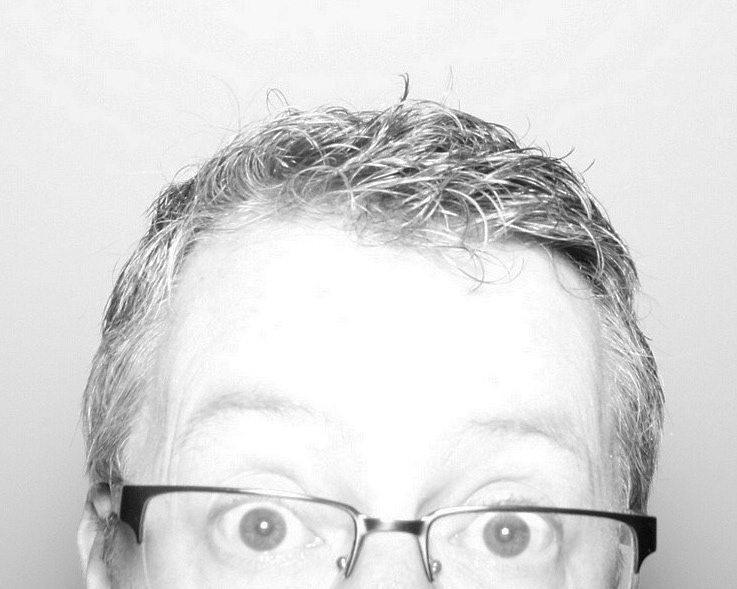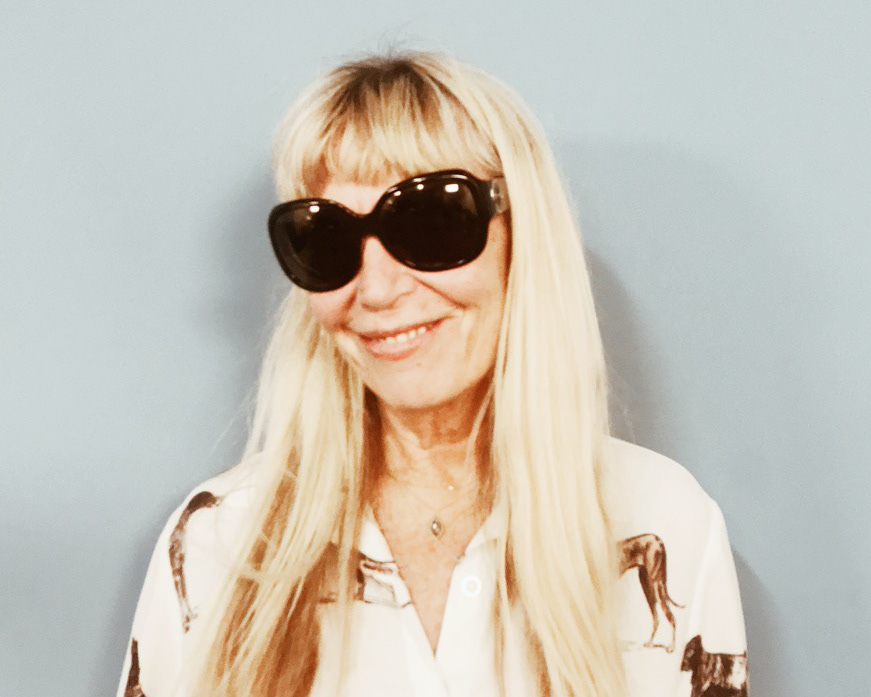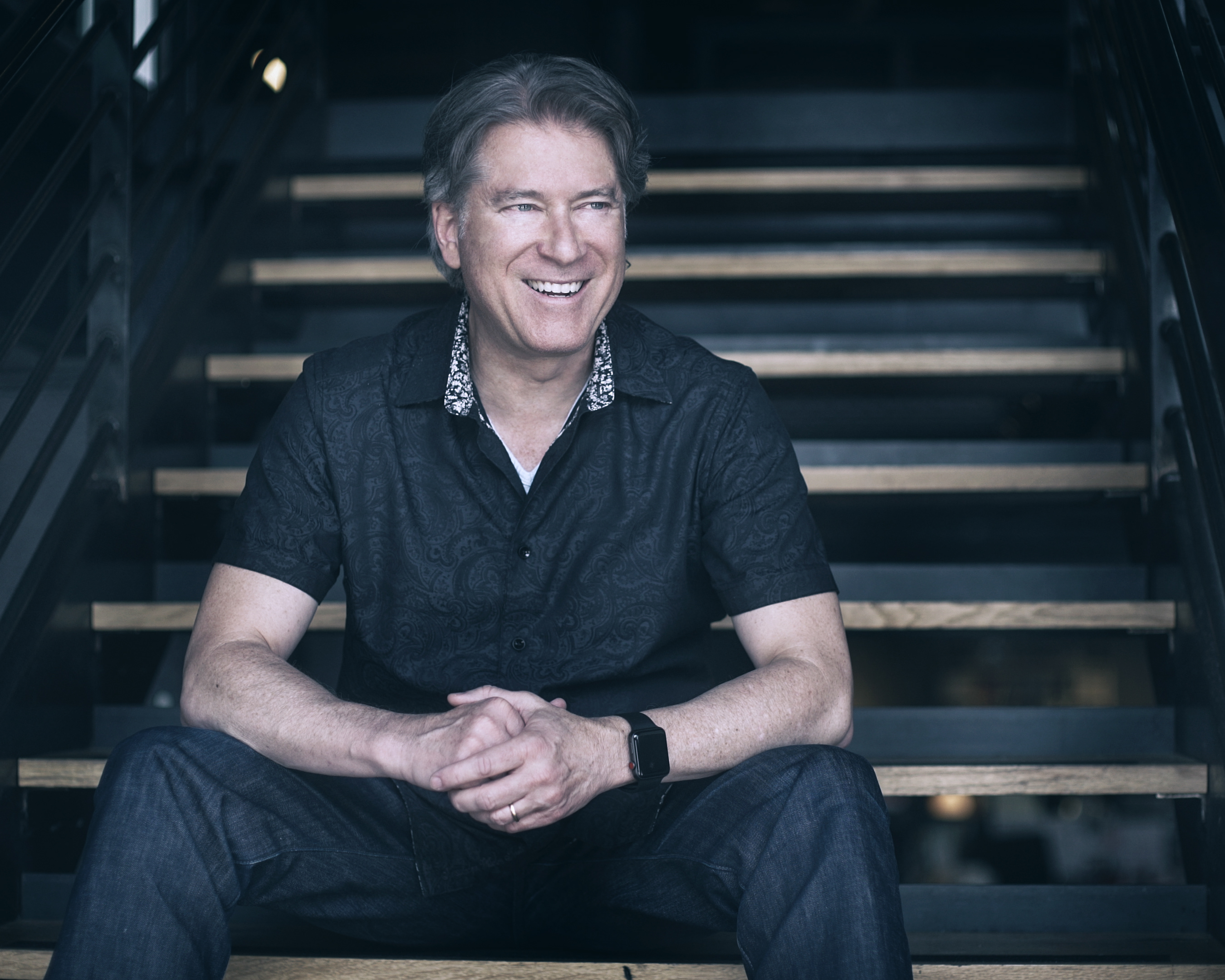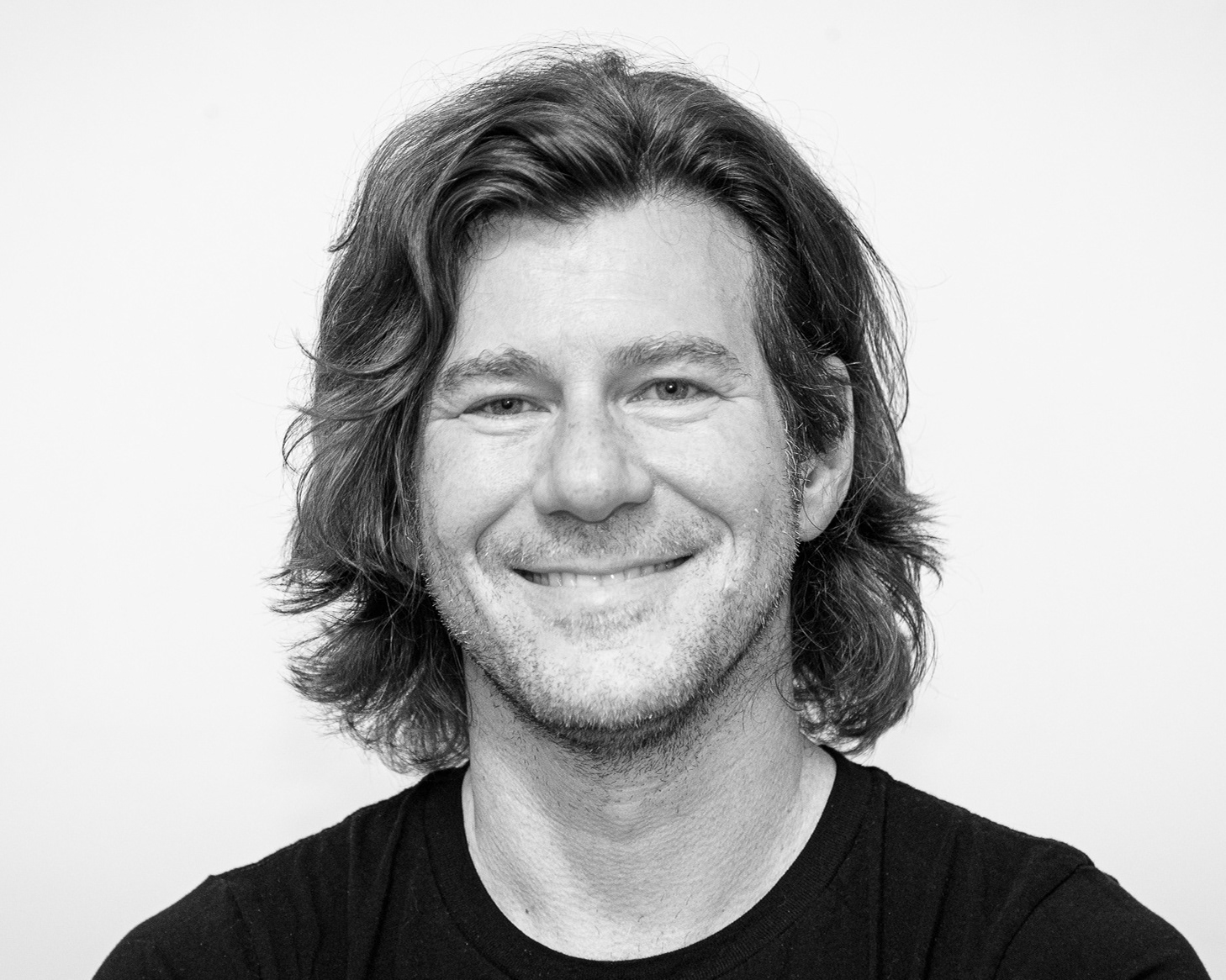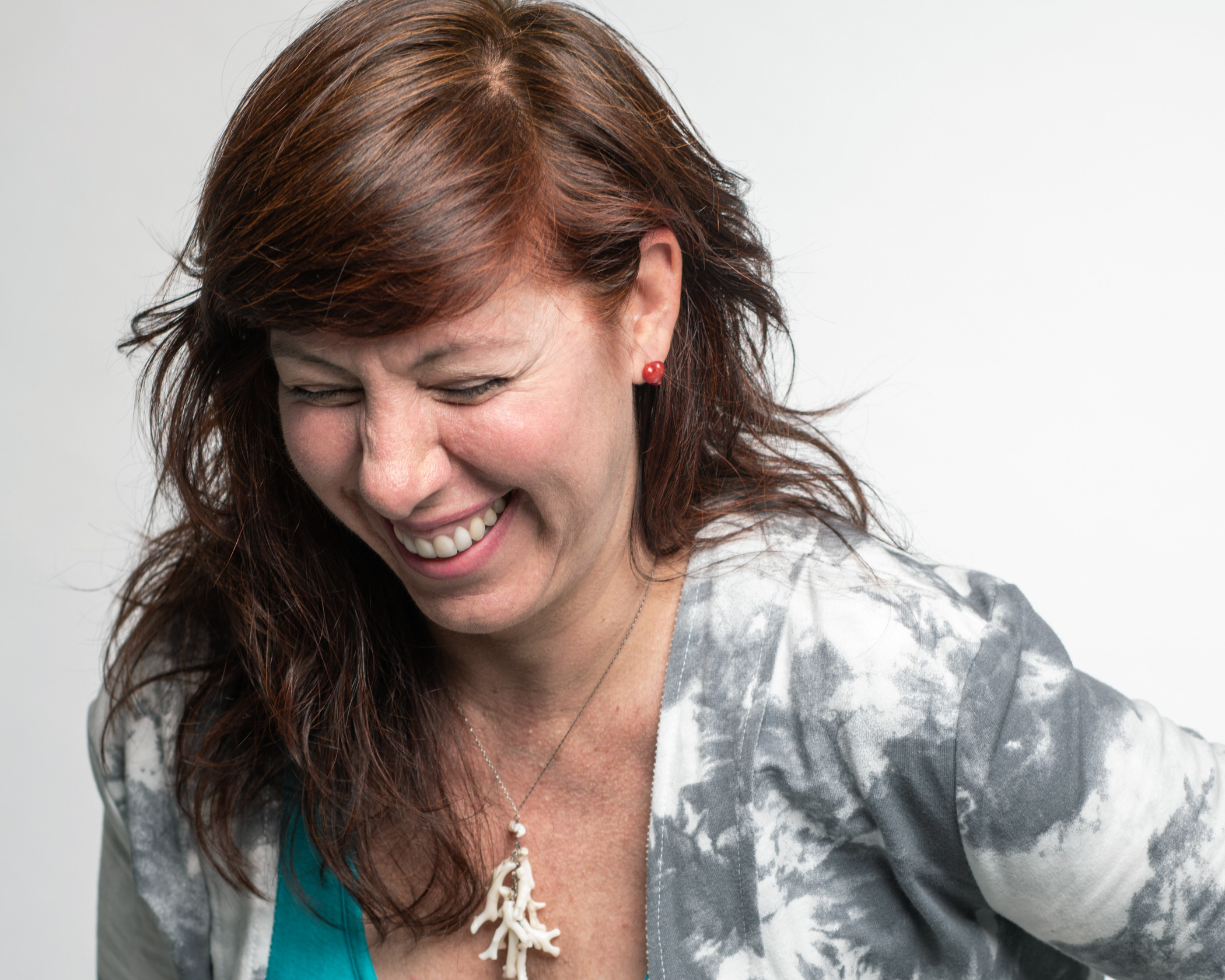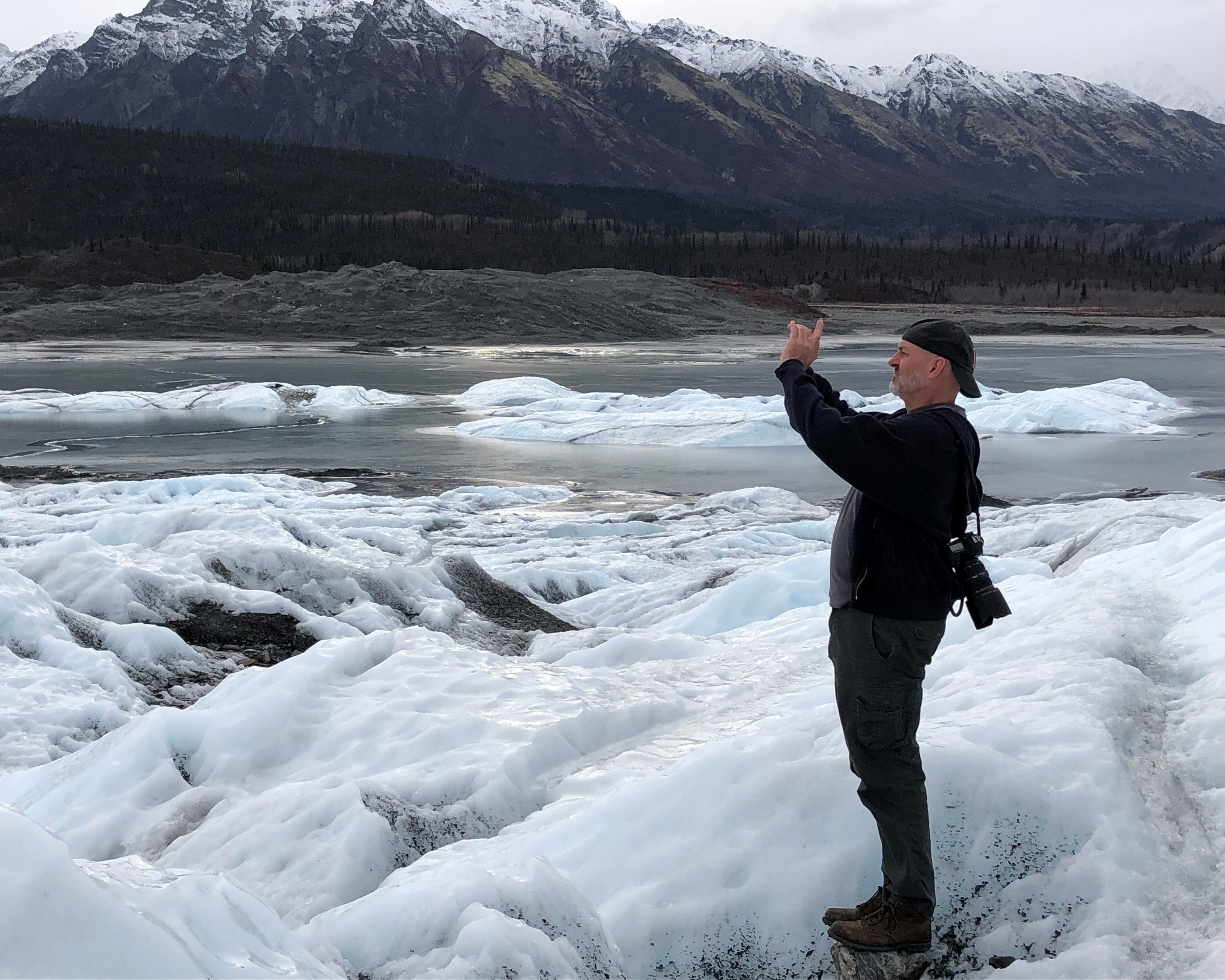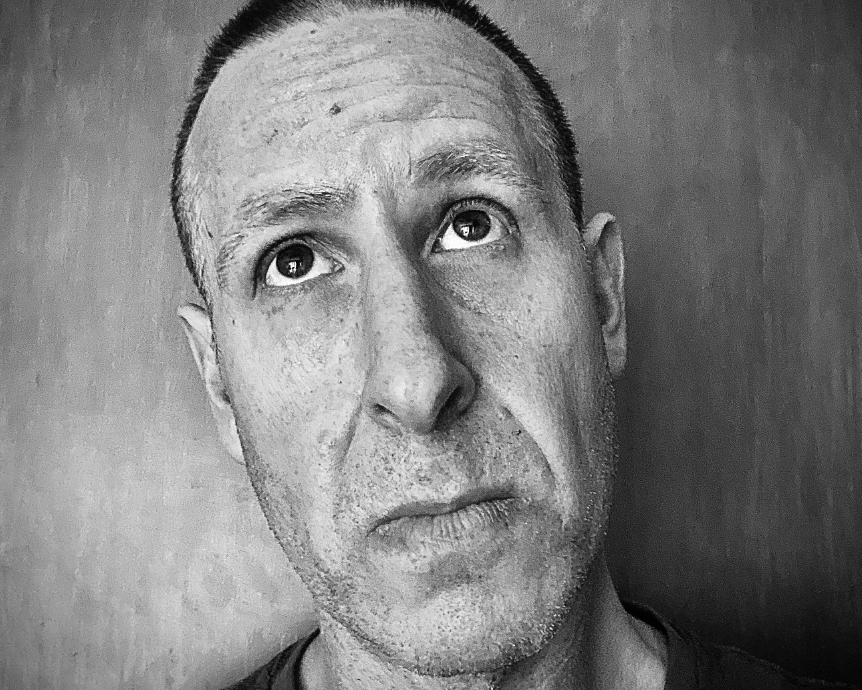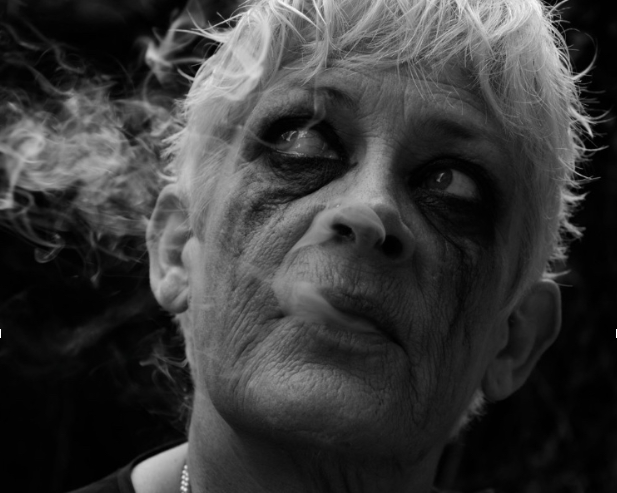Not so long ago, Steve co-founded an agency named 'Grok'. Which, you might know, is a term coined by Robert A. Heinlein in his Sci-Fi classic "Stranger in a Strange Land." This instantly ingratiated him to us because, well, we are nerds. In the novel, the word 'grok' has many definitions but has entered our language meaning this:
When you claim to "grok" some knowledge or technique, you are asserting that you have not merely learned it in a detached instrumental way but that it has become part of you, part of your identity.
We can't think of a better word that encapsulates our industry. We have to grok our clients business problems. We have to grok the culture at large. We have to grok our craft. And in order to grok, we have to embrace change constantly.
Which Steve has done in spades.
Prior to Grok, Steve held positions at a number of agencies, including Co-Chief Creative Officer of DDB New York (a return to the same agency where his career began) and Creative Head of Ogilvy, Toronto. His blue-chip brand experience includes American Express, Coca-Cola, Deloitte Consulting, General Motors, Hershey, IBM, Jaguar, Kraft, P&G, Starwood Hotels & Resorts, Timex and UPS.
With a resume like that, it's safe to say Steve groks advertising.
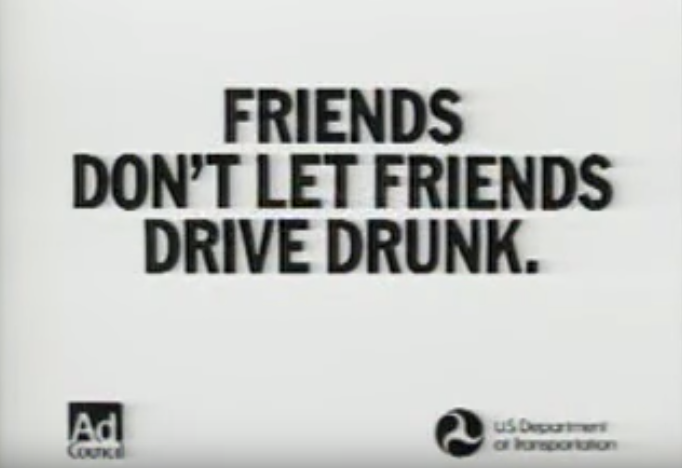
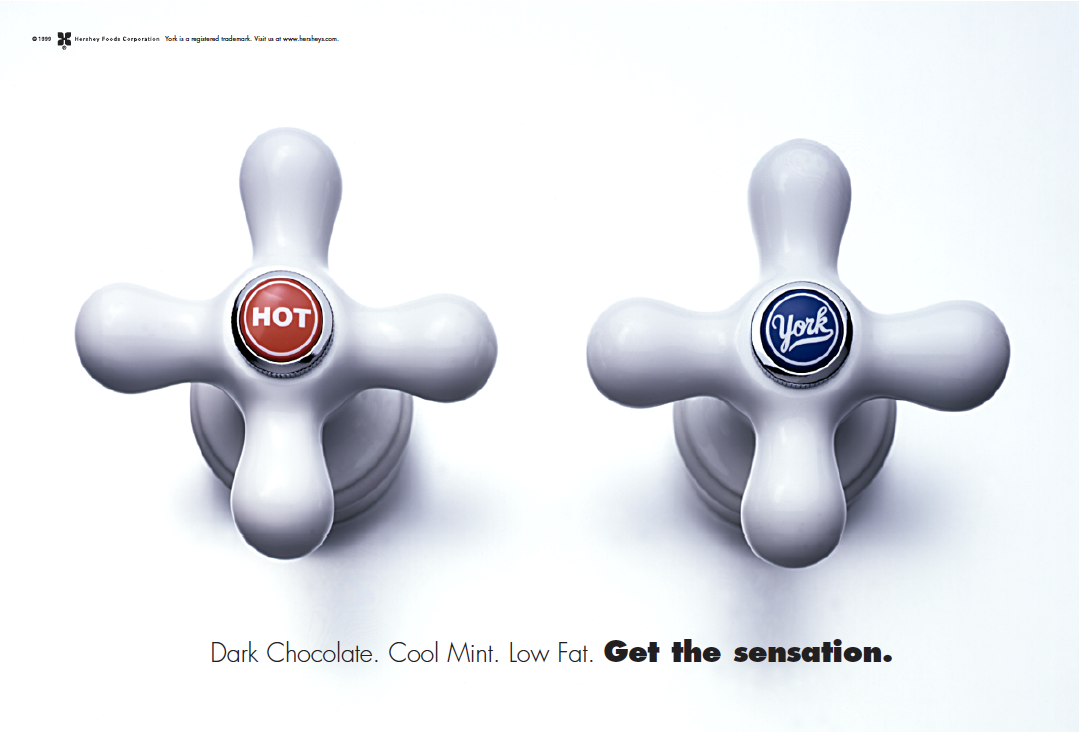
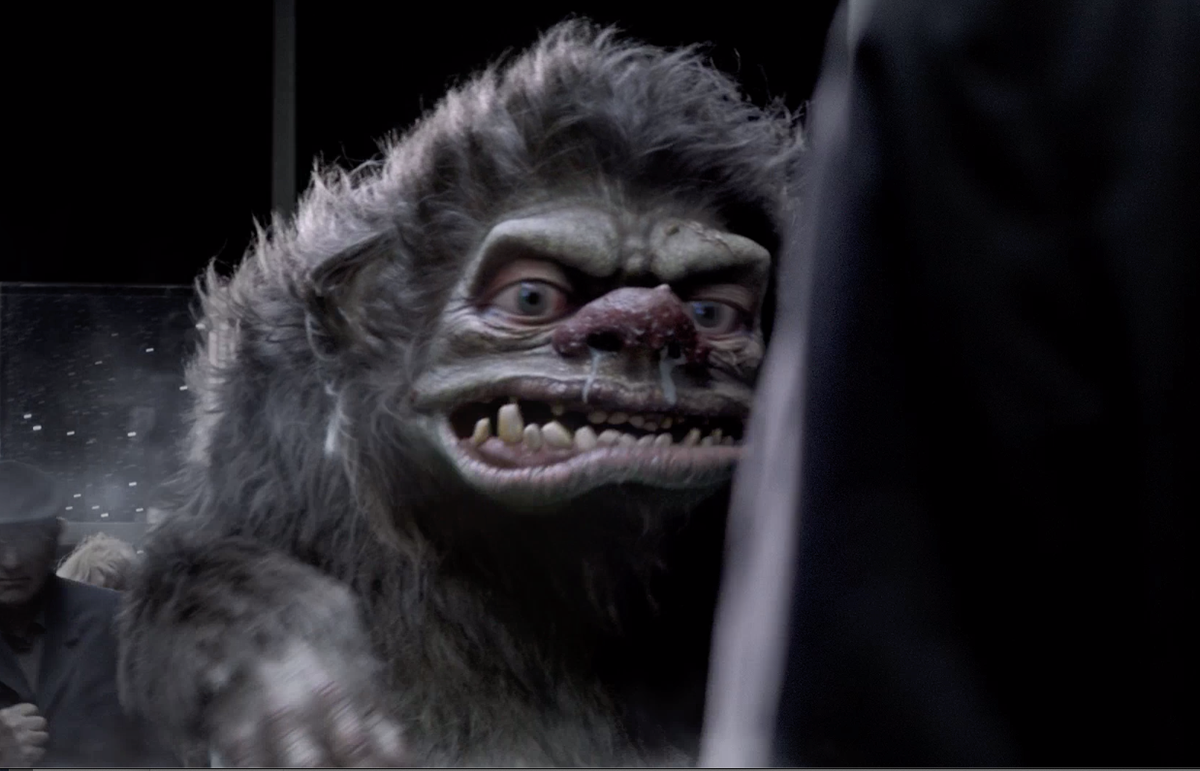
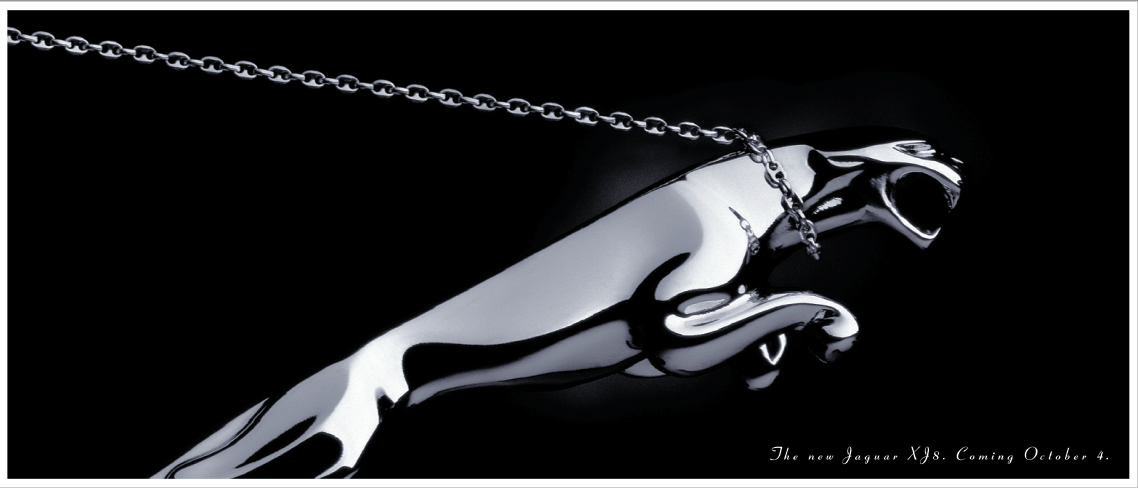
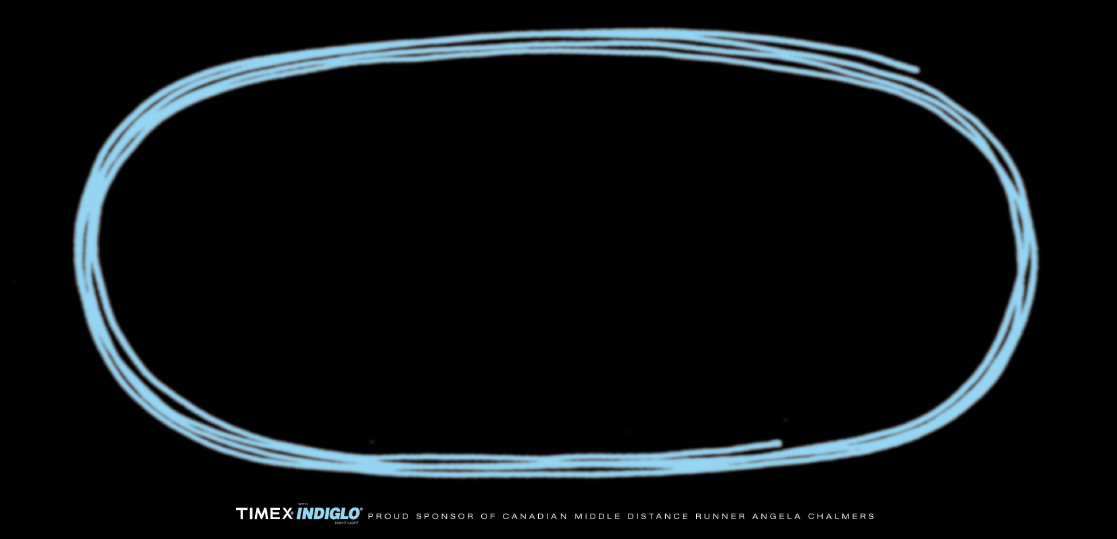
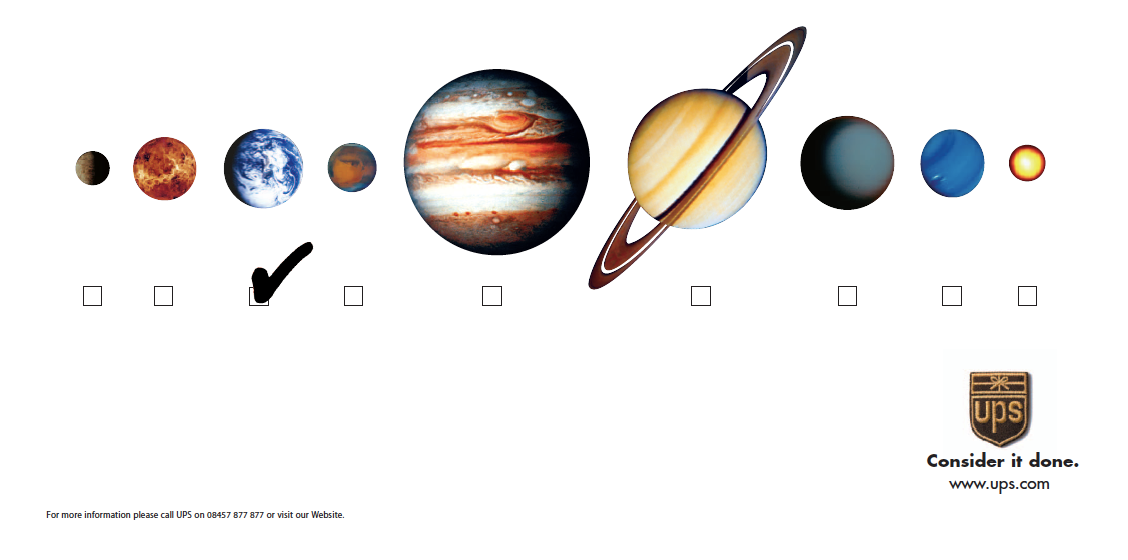
Is ageism in the industry something you thought about in your 30s? Your 40s?
I thought about it in my 20s, actually. When I was at DDB, my first job, I noted that it was usually the 40- to 50-year old art directors and writers who were first to go during layoffs. Most of these people were excellent writers and ADs, but usually weren’t in supervisory roles. So, I figured to survive in the business, I needed to become more than a good writer. I needed to work my way up the ladder to Chief Creative Officer where I’d be safe. (Ah, youth.) Ageism also came up as colleagues in their 20’s made snide comments about the "old guys.” I remember responding, “What, you think you’re going to be 25 forever?”
"Here’s an obscure Bill Bernbach quote that stuck with me. 'You don’t get what you deserve, you deserve what you get.' So, for every setback you need to stage a comeback."
Is ageism something that’s affected you? What are some of the challenges you faced as a person who was getting older in the business? Do tell.
I’m not sure if it was ageism or “salaryism.” Same thing, really. No one ever came right out and said, “You’re too old.” Code words included, “over-qualified” or “too senior” or “too expensive” or “not the right culture fit.”
The challenges I faced apply to everyone: relevance and resiliency.
By relevance I mean keeping up with culture, technology and trends, as well as expanding your skills and constantly proving your value to your employer. Resiliency, the biggest challenge, is the most important indicator of career longevity. More work gets rejected than approved. Politics can work for you or against you. Life isn’t fair. Especially in advertising. Here’s an obscure Bill Bernbach quote that stuck with me. “You don’t get what you deserve, you deserve what you get.” So, for every setback you need to stage a comeback.
"Desperation is the mother of invention, I always say, so I pursued three parallel paths."
Tell us about your own creative journey. What are your thoughts on where you are now, compared to your mindset when you were in the beginning of your career?
The phrase “Jobs are short, careers are long” exemplifies my journey: DDB, Calet Hirsch & Spector, Chiat Day, McCann Erickson, Calet, Hirsch & Spector, Wells Rich Greene, Ogilvy (Toronto), DDB, McCann Erickson, Saatchi & Saatchi, Ogilvy (NY), and Grok, which I founded with two partners.
I always wanted to be a Chief Creative Officer or start my own agency. Fortunately, I’ve done both. My first CCO position was Ogilvy Toronto, which worked out great. But I left and became a Co-Chief Creative Officer in NY and learned that sometimes when you want something in the worst way that’s exactly what you get. I left that company and held ECD positions at a few big global agencies until around my 50th birthday when I was part of a downsizing. Desperation is the mother of invention, I always say, so I pursued three parallel paths. Freelance, full-time, on the agency or client side, and my own place. After about a year, I started Grok with two other partners.
Did the reality of the ad industry contribute to the decisions you made/the path you’ve taken?
Absolutely. I didn’t want to be a 50-year old copywriter, so I set a path toward more and more creative responsibility and leadership. And I started my own agency during the last recession because I saw that big agencies were in decline. They were top heavy. Senior people were stretched. Clients complained about too many “kids” in the room. (Ironic.) That’s why Grok was positioned to offer clients big agency talent in a small agency environment.
"[My art director] was the youngest “old” person I ever met. To him, I was the world’s oldest young man. I guess that made us even."
What do you feel creative people over 50 can offer over someone 20 years their junior, things that are unappreciated, or just plain overlooked?
Wisdom, experience, perspective, instinct, maturity, patience, resilience, fast solutions, the ability to read the room and read between the lines of a brief, an ecosystem of relationships to leverage. The list goes on.
In other fields like law, architecture, the arts, film, academia, and medicine, getting older earns admiration and respect. Not so much in advertising. Yet, my business partners, Tod Seisser and Julie Bauer, and I were all in our early 50’s and at the top of our game when we started our own place.
Here’s a personal story: My mentor from the School of Visual Arts, Frank Camardella, was an art director who left advertising to paint, then came back to teach and work in advertising again. In my 30’s, I was pulled into a creative gang bang on a big assignment that the agency hadn’t cracked for months. I suggested Frank, who was at least 20 years older than me, to be my freelance AD. We created the winning campaign, worked 18-hour days for 7 weeks in LA producing dozens of commercials and other content that won the Gold Effie. We also turned an assignment to reedit a 15-second TV spot for the Ad Council into a whole new campaign that won every award there was. Frank was the youngest “old” person I ever met. To him, I was the world’s oldest young man. I guess that made us even.
It’s incredibly short-sighted to judge a person’s talent and potential based on age. It’s about the individual.
What is your advice to people who are nearing or over 40 in the ad industry?
Your career is just getting started! Read The Long View written by my friend Brian Fetherstonhaugh. Fun fact: you will accumulate 85% of your personal wealth after your fortieth birthday. Now is the time “reach high” by leveraging all the skills you’ve accumulated.
Now’s also the time to ask yourself some tough questions: What’s your personal brand and is it relevant? Are you learning new skills? Are you in a leadership position, or on the right track? Are you producing the kind of work that enhances your reputation? Are you working for clients that keep the lights on? Are you making yourself indispensable? Can you prove your value? Are you happy? If you’re not satisfied with the answers, what’s your plan?
How are you approaching the next 10 years? What does your future hold?
I’m in the process of starting a new entity with Tod and a core team of strategic partnerships. It a different agency model that speaks to the role of data and the new reality of project-based client engagements. It’s called H.I. which stands for human intelligence. I’m also just trying to stay healthy.
What do you see as potential solutions for ageism in the industry? Any thoughts on possibly unionizing?
This series helps and the conversation needs to escalate. Pairing older and younger people can be very efficient and productive. Maybe legislation is required for agencies over a certain size to hire a certain percentage of people over 50 and 60. Unions were created to protect workers from financial exploitation and dangerous working conditions. I don’t think that applies to the advertising industry.
What are some of the positive things you've experienced as you've grown older in the business?
I'm grateful that I was able to start my own business, become an Inc. 500 fastest-growing company, work with trusted partners, employ dozens of people, nurture talent, create a terrific culture, and help clients succeed.
Who do you look to for inspiration?
My family is a major source of inspiration. My wife encouraged me to start my own place. My daughter, who’s a Strategy Director, is scary smart. My parents, who were Holocaust survivors, instilled in me a sense of perspective and gratitude. I’m also inspired by anyone who doesn’t give up. As Churchill said, “Success consists of going from failure to failure without loss of enthusiasm.”


